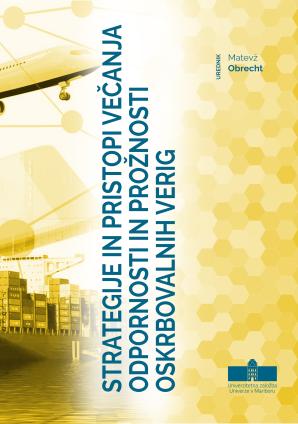Mestna logistika - zapleten, a obvladljiv sistem
Kratka vsebina
Mestna logistika ponazarja upravljanje in optimizacijo distribucijskih procesov v urbanih območjih, večinoma se osredotoča na tokove blaga, včasih tudi na tokove ljudi in informacij. V mestnih okoljih tovorni promet predstavlja 10-15 % vseh prevoženih razdalj, povzroča težave, kot so zastoji, okoljsko onesnaženje in obraba cest. Zlasti aktivnosti logistike zadnje milje (ali kilometra) v mestih pomenijo pomemben delež transportnih stroškov, predvsem zaradi svoje kompleksnosti pri upravljanju. Pri upravljanju mestne logistike moramo zajeti različne deležnike; od mestnih oblasti, prevoznikov in trgovcev do prebivalcev in urbanistov, vsi pa igrajo ključno vlogo pri oblikovanju in izvajanju učinkovitih mestnih logističnih rešitev. Rešitve na tem področju lahko razdelimo na mehke ukrepe, ki se osredotočajo na izboljšanje obstoječih sistemov in ne zahtevajo večjih naložb ter trde ukrepe, ki vključujejo fizične spremembe infrastrukture in zahtevajo večje naložbe. Nekateri od pomembnejših ukrepov so koncepti, kot so časovna okna, dostavna mesta, paketomati, električna vozila, konsolidacijski (ali zbirni) centri in tudi sodobnejše rešitve, kot je "crowdshipping". Za manjša mesta, kot so večinoma tudi mesta v Sloveniji, je potrebna prilagoditev teh ukrepov. Nacionalne smernice za pripravo Načrta upravljanja mestne logistike so bile nedavno razvite in postavljajo temelje za celostno in trajnostno mestno logistiko v Sloveniji, v kombinaciji tradicionalnih in inovativnih rešitev.
Prenosi
Strani
##catalog.forthcoming##
Kategorije
Licenca

To delo je licencirano pod Creative Commons Priznanje avtorstva-Nekomercialno-Brez predelav 4.0 mednarodno licenco.






